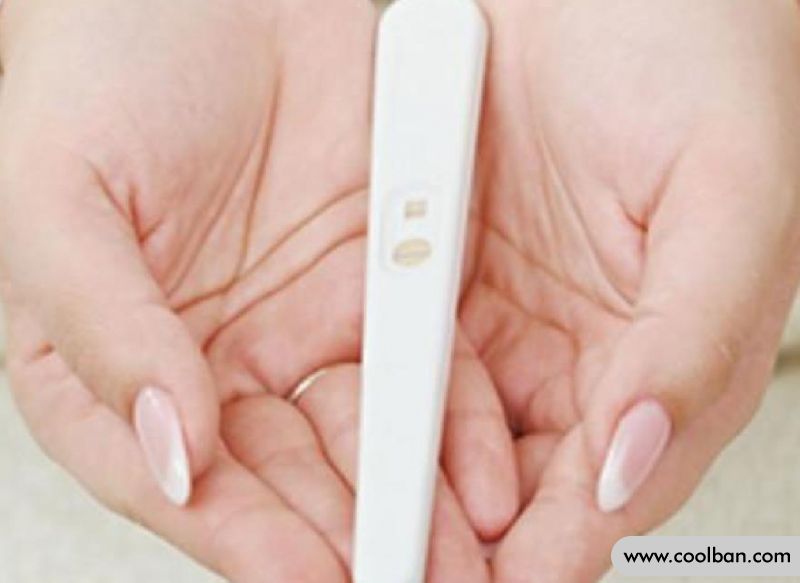What if I ovulate normally but not get pregnant?
Why not get pregnant when ovulation is normal
Many people are very confused. Apparently, both husband and wife are healthy, as are their eggs and sperm. But after trying for a long time, I still can't conceive a child, so some people will ask, why can't I get pregnant when I ovulate? Let's talk about the reasons why you ovulate but not get pregnant.
Pregnancy is an extremely complex physiological process. Women want to get pregnant, ovulate normally, and have intercourse during ovulation, which is just one of the sine qua nons of pregnancy. Pregnancy has many prerequisites, the main reasons for normal ovulation but infertility during ovulation are:
Reason 1: Women's eggs are not healthy.
If a woman ovulates normally, it can be released on time, and the ovulation period is also in the same room. However, if a woman's eggs are unhealthy or not mature enough, it can also cause the sperm and egg to not combine properly, causing the woman to ovulate and not be able to conceive.
Reason 2: Abnormal sperm in men.
If the woman's eggs are healthy, but the man's sperm is not active enough, or dead sperm, no sperm, etc., it will also cause the sperm and the egg to not combine properly, resulting in a woman ovulating and unable to conceive.
Reason 3: There is a problem with the fallopian tubes.
Abnormality of the fallopian tubes is also one of the important causes of infertility, the most common clinically. If the female fallopian tubes are blocked, stagnant, stuck or deformed, and the peristalsis is abnormal, these will affect the normal combination of male sperm and female eggs, hinder the normal operation of sperm, affect normal conception, and cause women to ovulate but not get pregnant.
Reason 4: Malformation of reproductive organs.
If a woman suffers from congenital abnormal development of reproductive organs, such as congenital vaginal malformation, excessive vaginal stenosis, acquired reproductive organ diseases, etc., these will affect the normal function of the reproductive tract, resulting in obstruction and obstruction of the reproductive tract, resulting in the inability of sperm to swim normally. It does not move properly with the egg, causing the woman to ovulate and not get pregnant.
All in all, there are many reasons why a woman may not conceive during ovulation. If there is normal ovulation, go have not been pregnant and cannot dwell on some reason. To promptly go to the hospital to identify the cause of infertility, active treatment.

How to get pregnant during ovulation
As we all know, the ovulation period is the most fertile period, but how to grasp the ovulation period and plan pregnancy? How to get pregnant during ovulation?
Method 1: Learn about bisexual reproduction, learn to monitor the ovulation period, and accurately predict the ovulation period.
Because eggs have a very short lifespan, only 24 hours. The lifespan of sperm can reach more than 72 hours, but the optimal insemination ability can only be maintained for 20 hours. Therefore, if you want to get pregnant, you need to have intercourse during ovulation, so that the sperm and egg can be in the best mature state when they combine.
Method 2: Adopt a position that is conducive to conception during intercourse.
For example, if a man goes up and a woman goes down, the woman raises her legs and puts a pillow under her buttocks. After the semen is injected into the body, the woman keeps her legs elevated for about half an hour.
Method 3: Moderate sex during pregnancy, too frequent or too little is not conducive to pregnancy.
In order to have children, some people usually have almost no AA, but they are frequently intimate during the ovulation period, which is not only not conducive to pregnancy, but also to eugenics. Due to excessive intercourse, the sperm count in the discharged semen will be reduced and immature. Therefore, in order to successfully conceive, the number of sex life should not be too frequent, preferably every other day. But chronic AA deficiency can also cause sperm to over-mature and lose their ability to bind. Because after sperm is produced, it leaves the testis and goes to the epididymis, where it is temporarily stored. Once stored for too long, sperm motility will decline, or even die and be absorbed. These will directly affect the smooth progress of the fertilization process.
Method 4: Keep a happy and relaxed mood.
You are more anxious about wanting a child, or the pressure of your relatives and friends makes you often anxious and nervous. Sometimes, you don't even know you're in this tension. Excessive mental stress and anxiety can lead to a series of physiological changes that affect pregnancy, such as decreased sperm production, ovulation disorders, fallopian tubes, and a series of physiological changes that affect pregnancy. This problem is more prominent among couples over the age of 30.
